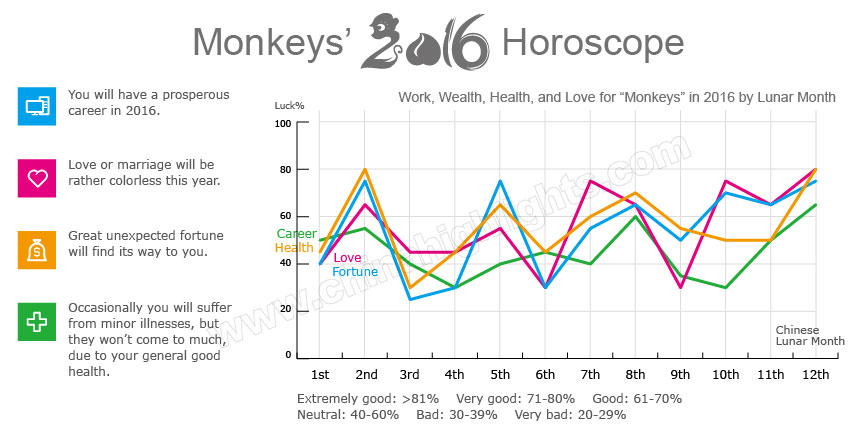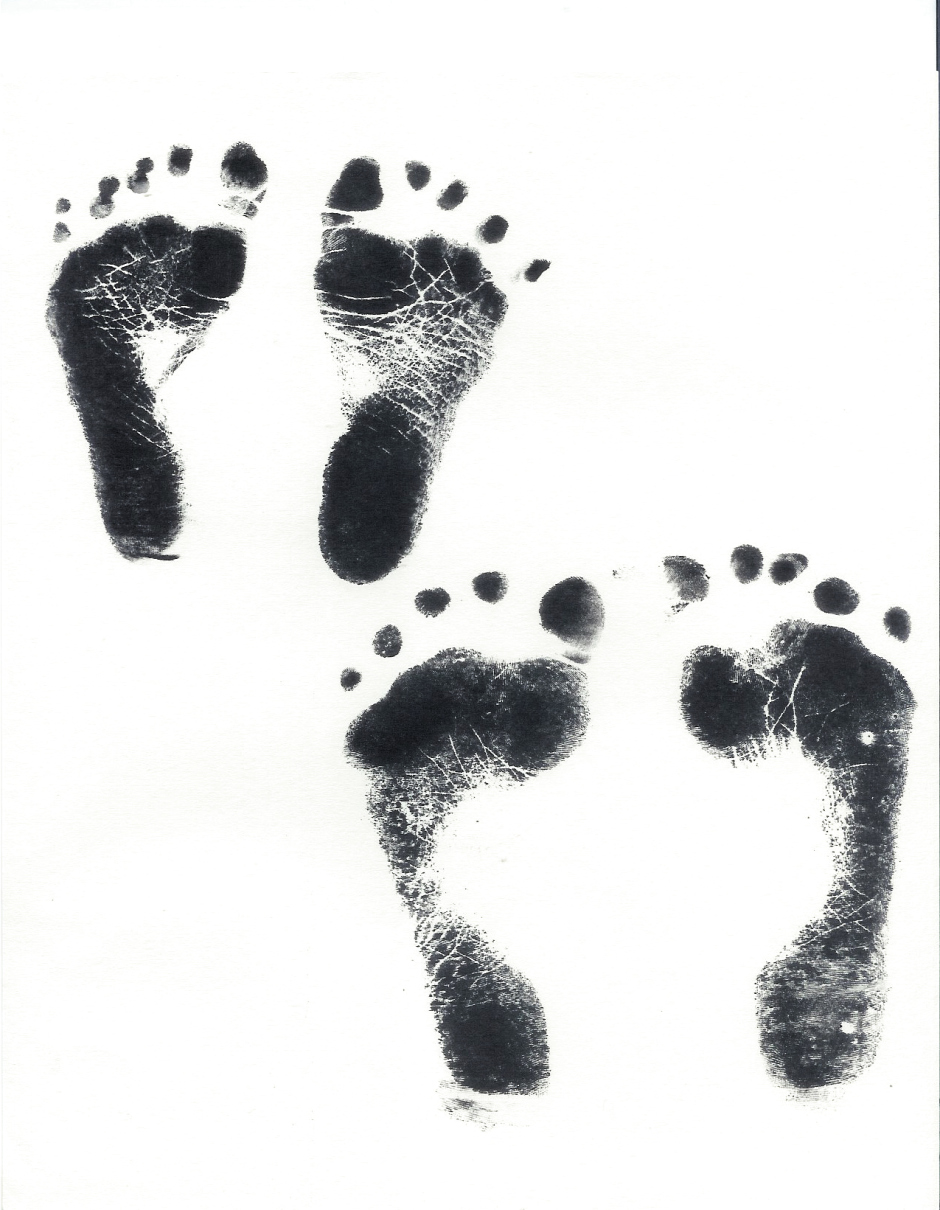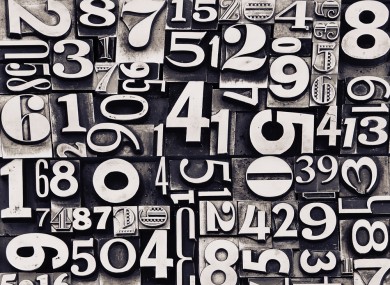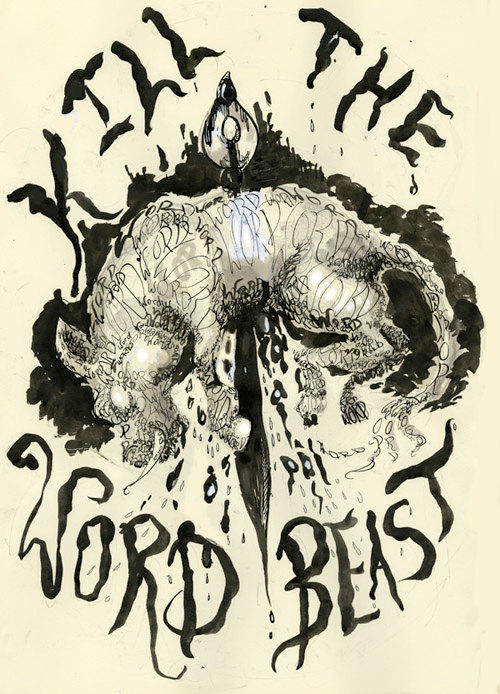A couple of years back, I had a story do well enough at tor.com that it was hung up in submission for almost a year. Ultimately, the editor sent me some very thoughtful, smart feedback, but rejected the story. A week or so ago, I got through a few phone interviews and up to an… Continue reading the particular taste of silver
Category: daily
red fire monkey
A few months ago, I listened to Hal Elrod’s appearance on the Self-Publishing Podcast. His schtick is the “Miracle Morning,” six practices to do before you start your day: meditate, say affirmations, visualize the day, do a bit of exercise, read, write. Whether something that fussy is really a net win, I leave to wiser… Continue reading red fire monkey
the big syringe
You want to look into the nightmarish hellscape of a writer’s mind? 4am, staring at the ceiling and thinking, what was that like? Finding the way into essentially independently inventing modernist drama. Five or six years of experimenting in prose, and then, damn, WAITING FOR GODOT, and you’re off. Even the supposedly minor works –… Continue reading the big syringe
Deer antler velvet
Featured in my spam queue a couple of times. Apparently people use this to get a six-pack? I wouldn’t kick a six-pack out of bed, but this does not seem like the right way. I mean, maybe if you chased the deer down yourself, and tore the antlers off with your bare hands. But spraying… Continue reading Deer antler velvet
Little steps
And lo, the realm of Jersey was once again overtaken by the Plague, followed close on by the Snow, whereupon the Small Children were Cooped Up and Like to Explode; and out of the House of the Writer there came a great Silence. We’re digging our way out, though. Little steps. The current program is:… Continue reading Little steps
Numbers
A while back, I ran the numbers on writing THE CRESCENDO during NaNoWriMo. A nice exercise, but of course NaNo is one month out of the year; where I really should have been running numbers is the other 11. I’m proceeding on the assumption of 1000 words/day on weekday mornings, before work, and 200/day every… Continue reading Numbers
One weird old trick
Wrote close to 1000 words this morning, wrapped a big scene. I’ve been doing the writing longhand because I’m trying to end every evening with 200 words, which means I don’t want to get pulled into the rabbit hole that is the Internet; but that means the bigger chunks get put in the notebook too,… Continue reading One weird old trick
Battery drain
Ha, my first day of “I’m going to check in here daily” and I nearly miss it. I have an excuse; I always have an excuse. One of our cars wouldn’t start this morning. It was at the bottom of the driveway, blocking the one that would start. I think we actually got the kids… Continue reading Battery drain







